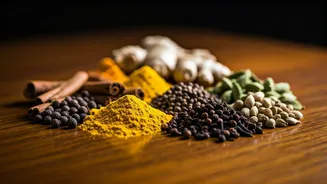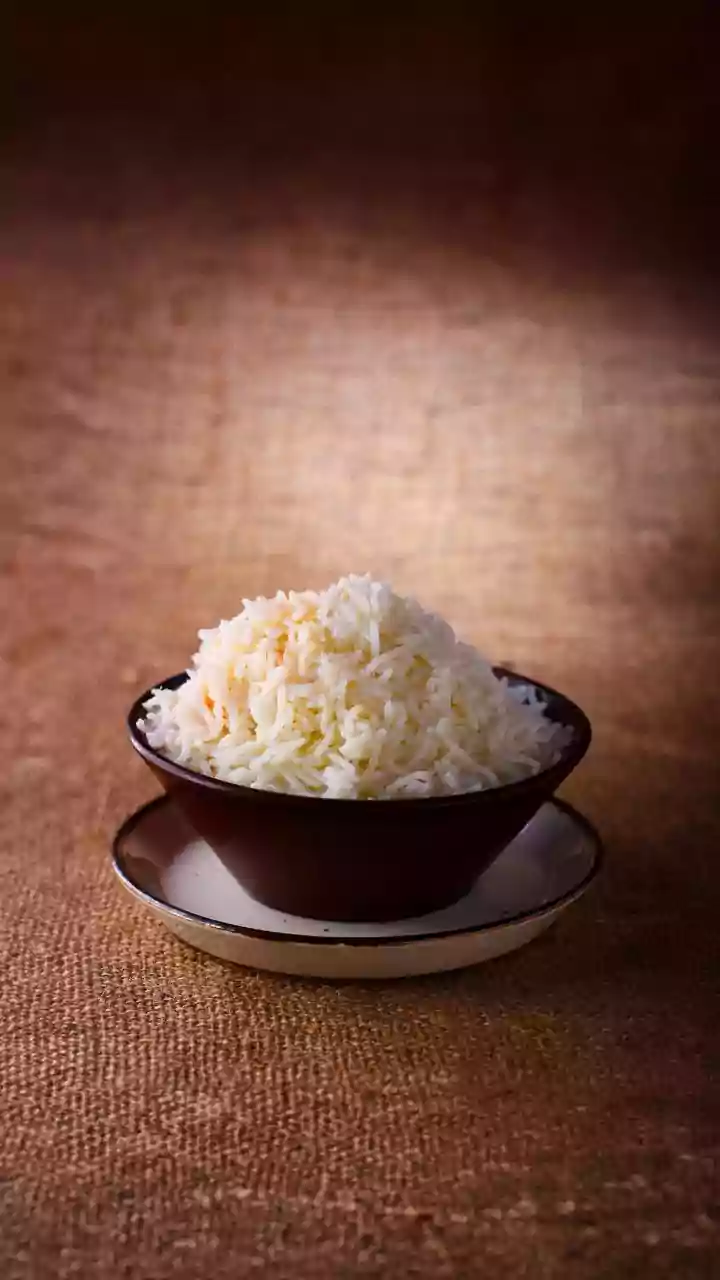Diwali & Ayurveda
Diwali, a significant festival in India, is not just about lights and festivities; it is also a time when people tend to indulge in rich foods and disrupt
their usual routines. Ayurveda, the traditional Indian system of medicine, offers a holistic approach to health and well-being. It provides guidance on balancing the body, mind, and spirit. Ayurveda emphasizes the importance of aligning our lifestyle with the changing seasons and the unique needs of our bodies. This approach can be particularly beneficial during Diwali, a time of potential imbalance due to dietary changes and heightened activity. Ayurveda encourages us to be mindful of our choices to ensure a healthy and happy celebration.
Dietary Guidelines During Diwali
During Diwali, traditional foods are a major part of the celebration. These dishes, often rich in ghee, sugar, and fried ingredients, can be heavy on digestion. Ayurveda provides dietary guidelines to counter these effects. It suggests balancing heavy foods with lighter options like fresh fruits, vegetables, and herbal teas. Incorporating digestive spices like ginger, cumin, and cardamom can also aid digestion. Portion control is essential. Rather than overeating rich dishes, opt for smaller portions, savoring each bite. Staying hydrated by drinking plenty of water, even during festive activities, supports the digestive process. A balanced diet prevents imbalances, helping people stay healthy during the festive period and enjoy the treats without any negative repercussions.
Healthy Lifestyle Choices
Beyond diet, Ayurveda emphasizes lifestyle choices for holistic well-being. Regular exercise is crucial, even amidst the Diwali rush. Even a short walk or some light yoga can maintain balance. Adequate sleep is vital, aiming for at least 7-8 hours each night. This can be challenging during Diwali, but maintaining a regular sleep schedule is essential for the body's restoration. Mindful practices like meditation or deep breathing can manage stress. The festive period often brings increased demands, both social and personal. Taking breaks to center oneself promotes mental clarity and emotional balance. Creating moments of calm within the chaos helps maintain a sense of equilibrium, thus ensuring people stay energized and stress-free.
Abhyang Snan Rituals
The practice of Abhyang Snan, or self-massage with oil, is a significant part of Diwali celebrations, especially on Narak Chaturdashi. This ritual involves massaging the body with warm, herbal-infused oils before bathing. Abhyang Snan is believed to have numerous health benefits according to Ayurveda. The oil helps moisturize the skin, improves circulation, and promotes relaxation. The warmth of the oil soothes the muscles, releasing tension and stress. The ritual is a way of purifying the body and preparing it for the upcoming festivities. It symbolizes washing away negativity and welcoming new beginnings. It is typically followed by a bath using natural ingredients such as ubtan. This practice leaves the skin soft, refreshed, and invigorated, contributing to a sense of well-being during the festive season.
Herbs and Remedies
Ayurveda highlights the role of herbs and remedies in maintaining health during Diwali. Incorporating certain herbs into your diet can support digestion and boost immunity. Ginger, known for its digestive properties, can be added to meals or consumed as tea. Turmeric, with its anti-inflammatory benefits, can be added to milk. Drinking herbal teas like tulsi (holy basil) or chamomile can also help calm the mind and body. It's also important to be mindful of any existing health conditions or allergies. Consulting with an Ayurvedic practitioner can provide personalized guidance. This ensures you are using herbs and remedies safely and effectively, complementing the festive atmosphere with a boost of health and well-being. These practices make the celebration healthier, enhancing overall health.
Mindful Celebrations
Diwali can be a time of increased activity and sensory overload. Ayurveda encourages mindful celebration. This means being present in each moment, savoring the experiences. Practice conscious eating by paying attention to the tastes, textures, and aromas of food. Take breaks throughout the day to connect with yourself and appreciate the present. Reflect on the significance of the festival, focusing on gratitude, and compassion. Be mindful of your consumption of sweets and treats, balancing indulgence with moderation. By adopting a mindful approach, you can enhance the enjoyment of Diwali while maintaining your physical and mental well-being. Being present in the moment helps people fully appreciate the joy of Diwali.



















